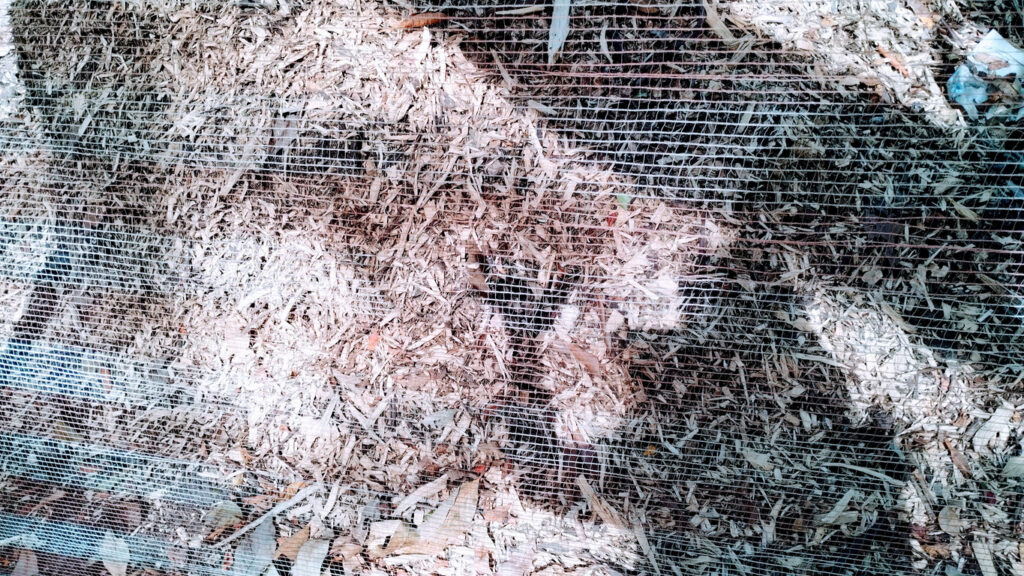








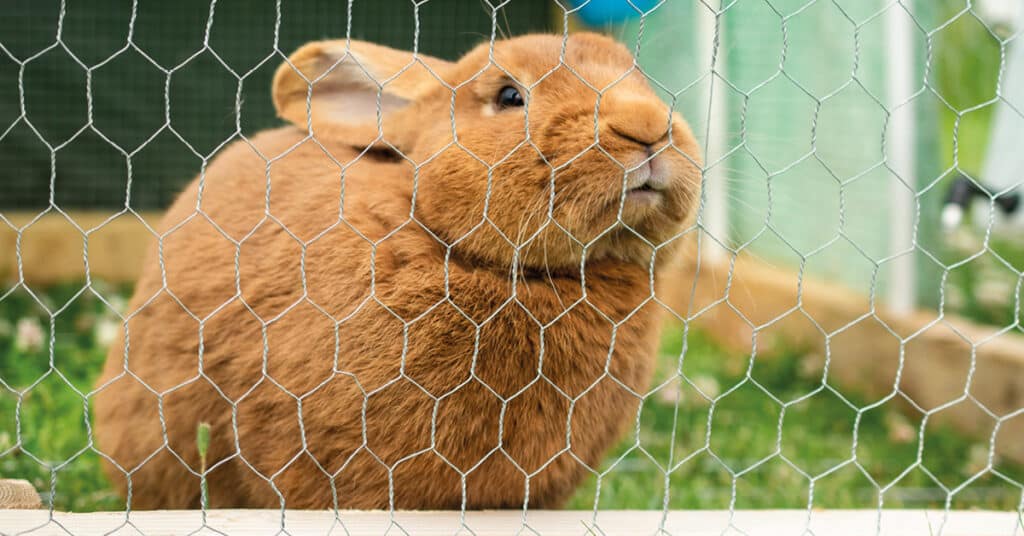
Rabbits are a common nuisance in many gardens, and it can be difficult to keep them out.
Fortunately, there is an effective solution: wire mesh fencing.
This type of fencing offers a long-term solution that will protect your garden without harming the rabbits.
We used this mesh in a project to protect our vegetable patch at our test gardens at Laskey Farm, Thelwall.
Let’s get into it…
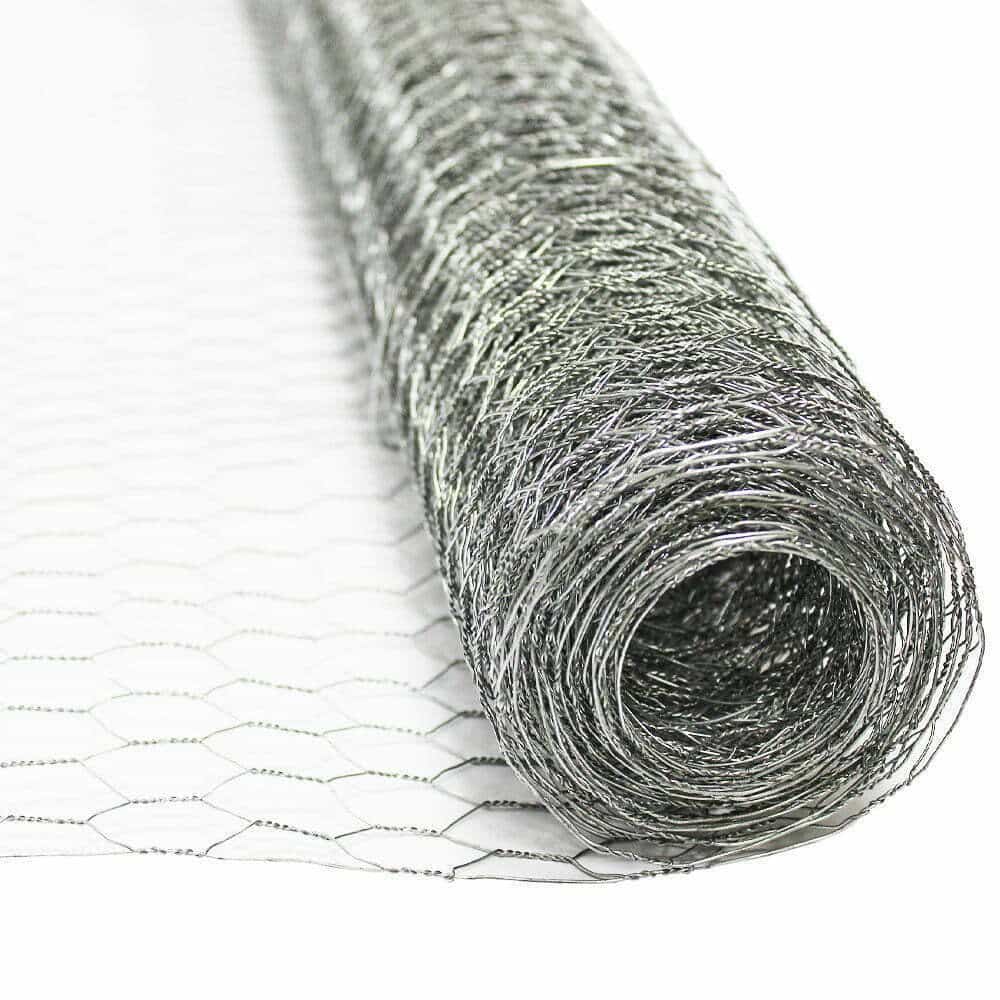
Wire mesh fencing is the preferred choice for rabbit proofing because it is affordable, durable and, most importantly, humane.
The holes in our chicken wire products are small enough to prevent rabbits from squeezing through but large enough to allow air and light to pass through. It also does not harm the rabbits in any way, so you can rest assured knowing that your fence won’t hurt any animals on its way to protecting your plants.
Additionally, wire mesh has been proven to be one of the most effective types of fences for keeping out rabbits.
It is relatively easy to install, does not require much maintenance, and will last for years—so you won’t have to worry about replacing it anytime soon!
Plus, we think it looks great in any garden setting and will enhance rather than detract from the aesthetics of your outdoor space.
When installing a wire mesh fence around your garden, it’s important to make sure that you seal off all possible entry points where a rabbit or other critter might squeeze through.
This means that you should bury the bottom portion of the fence several inches below ground level and attach it securely using stakes or posts at regular intervals along its length.
Having used this mesh to protect our vegetable patch at our trial site near Warrington, we recommend following these steps:
Determine the height and length of the fence you need to build to enclose the area where you want to keep rabbits out.
Purchase chicken wire mesh that is at least 3-4 feet high, and long enough to cover the length of your fence. You may also need fence posts, staples, and a staple gun or pliers. Select a 900mm or 1200mm wide roll. We have plenty of options.
Install the fence posts every 6-8 feet along the fence line. Make sure they are secure in the ground and standing straight.
Unroll the chicken wire along the fence line, and attach it to the first fence post using staples or pliers.
Stretch the chicken wire tightly to the next fence post, and attach it securely. Repeat this process until the entire length of the fence is covered with chicken wire.
If necessary, use additional staples or pliers to secure the chicken wire to the fence posts and ensure that there are no gaps or openings where rabbits can get through.
To make the fence more secure, consider burying the bottom of the chicken wire in the ground or attaching it to a wooden base.
As well as the standard 19mm hole option that we offer, we would also recommend selecting a chicken wire with either a 13mm (1/2″) or 25mm (1″) hole.
We have these standard options:
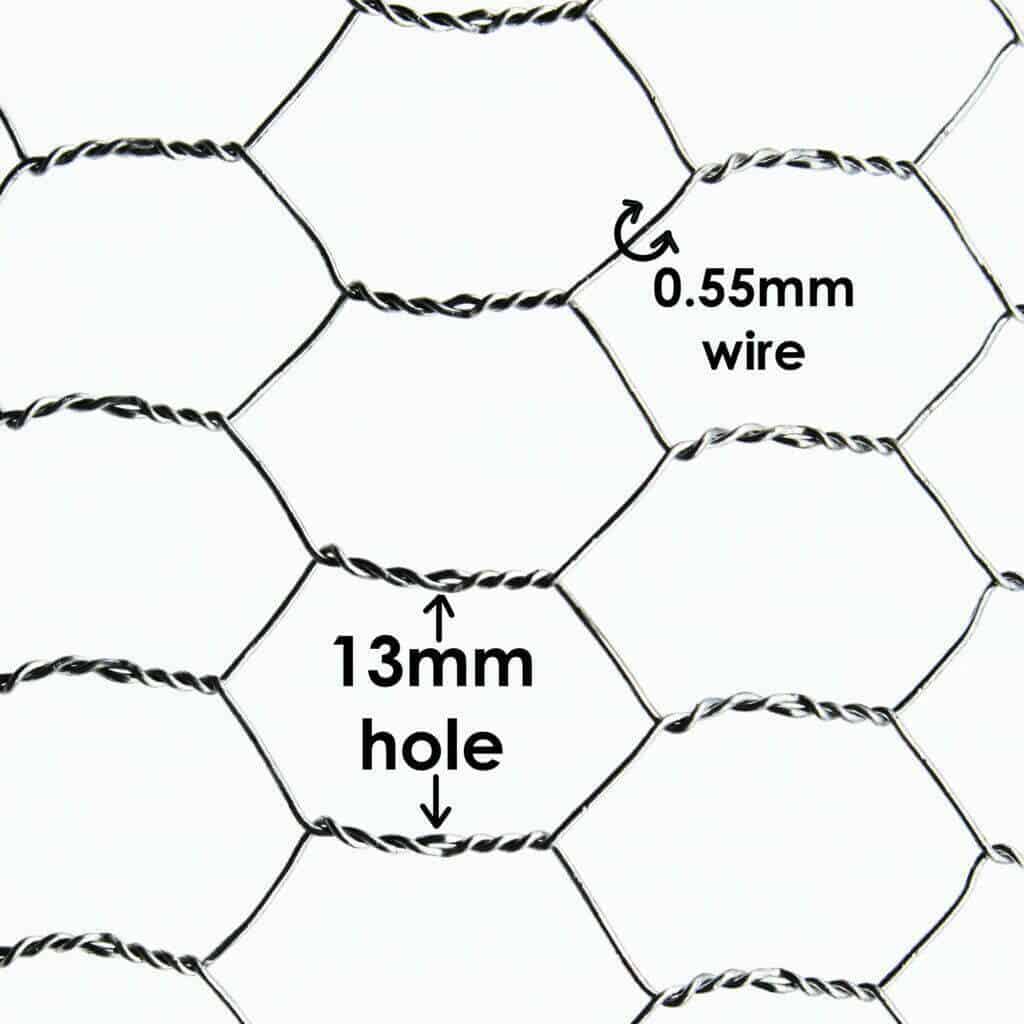
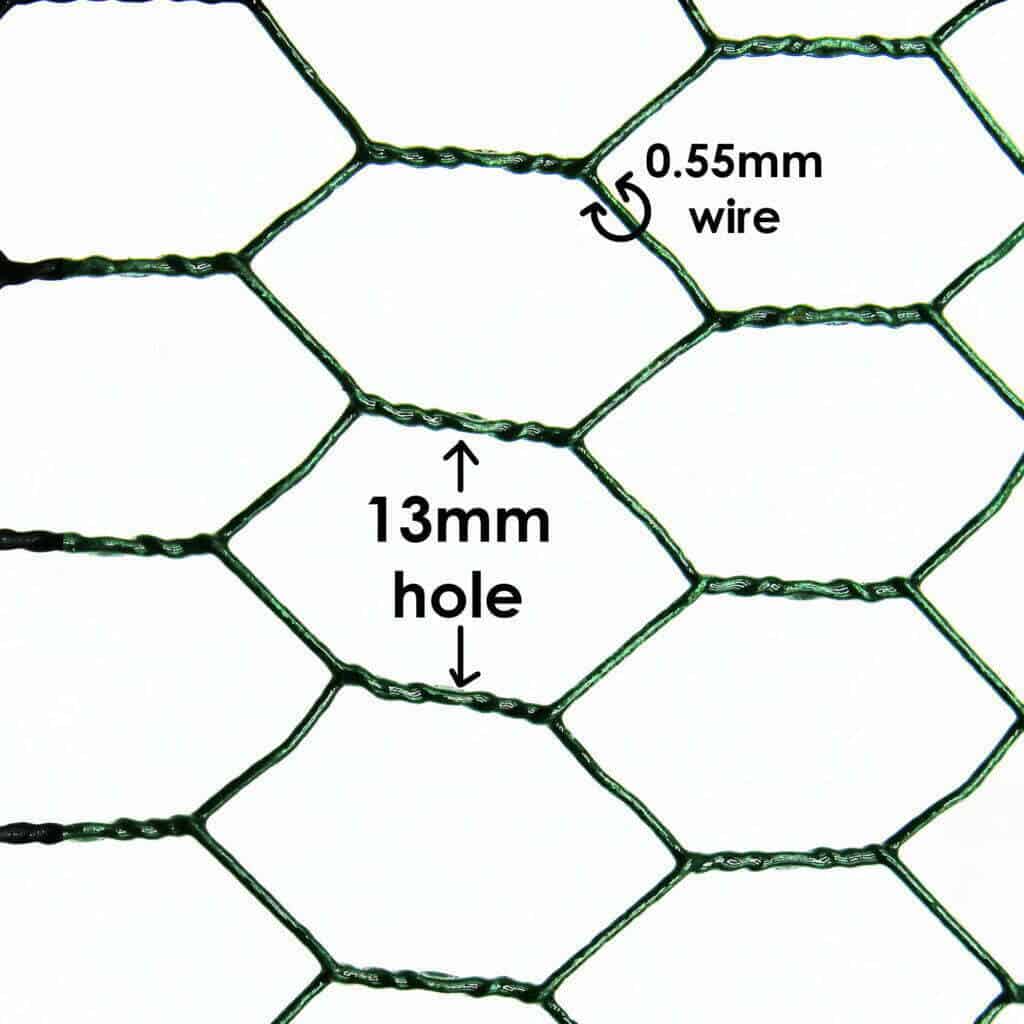
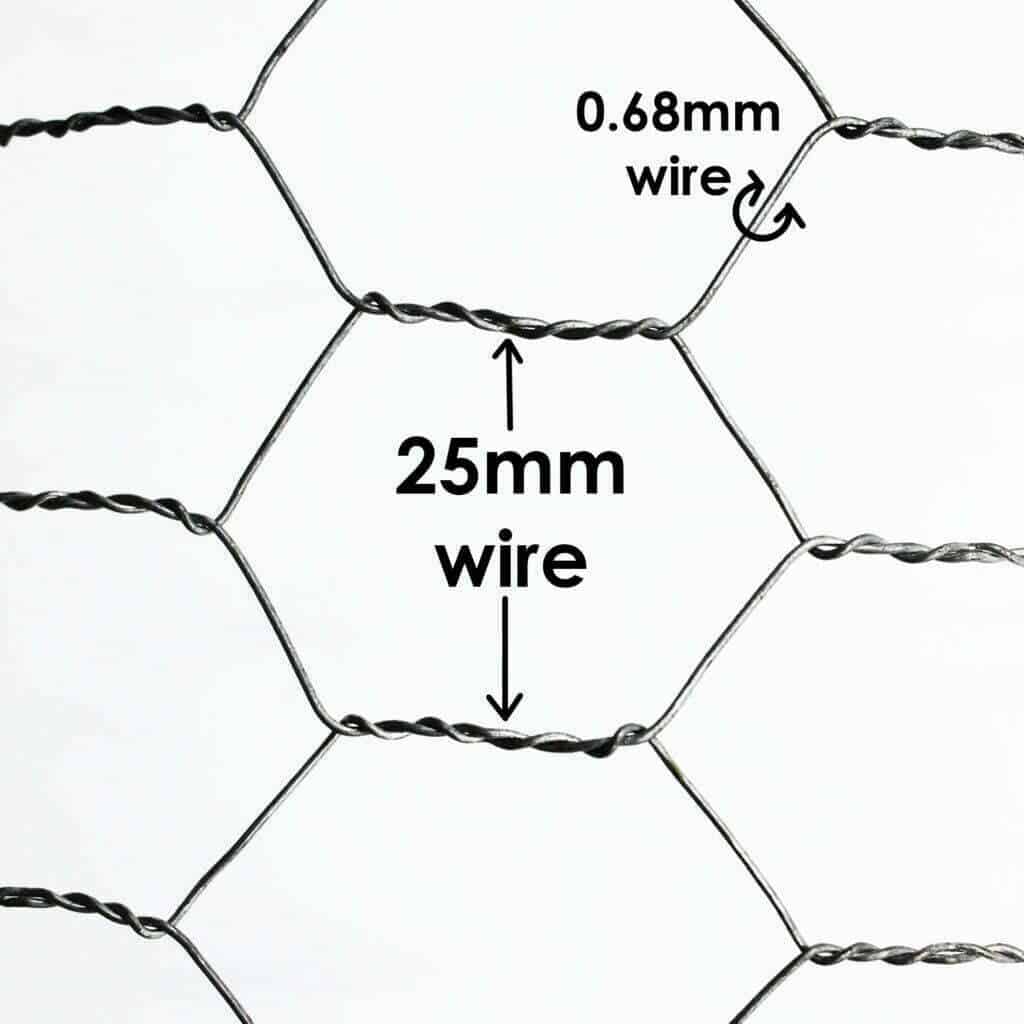
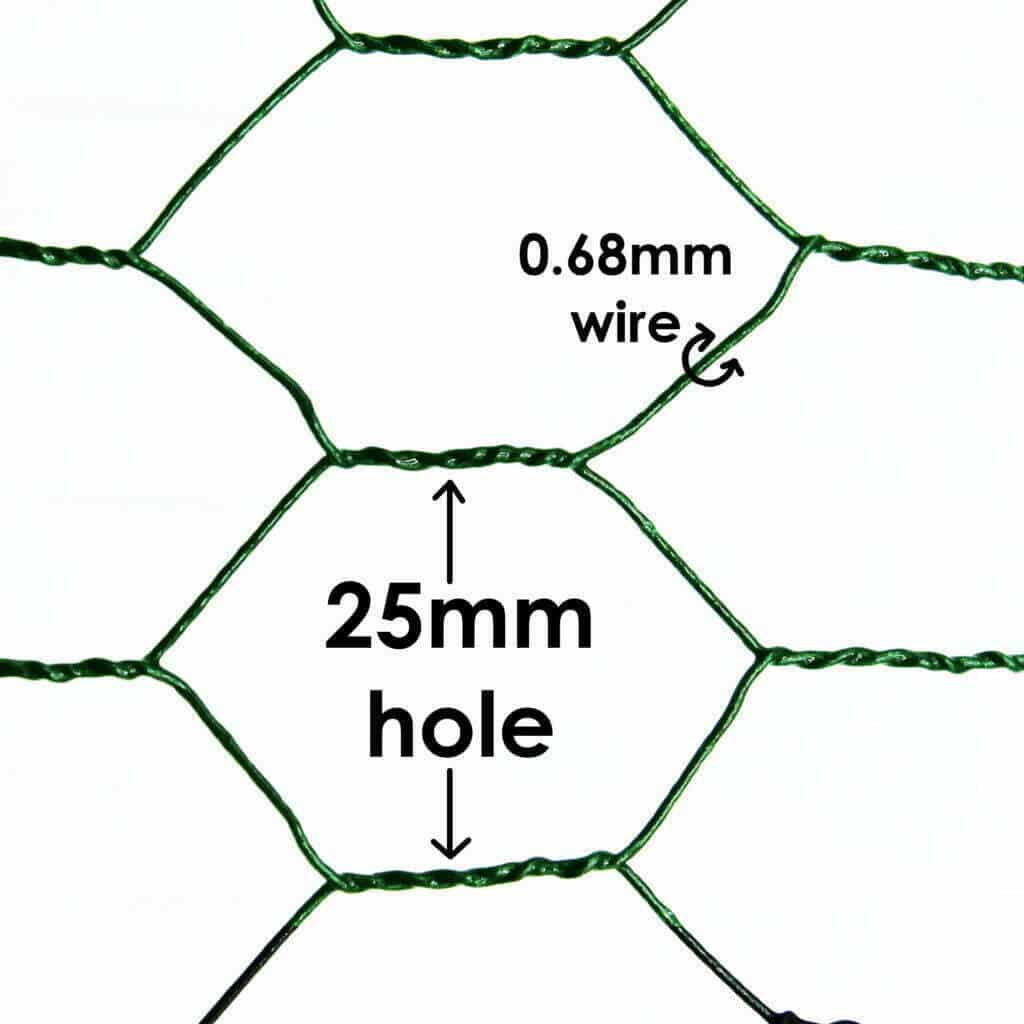
Rabbits are not natural climbers, but they can sometimes manage to climb over or find their way through various barriers, depending on the situation.
Chicken wire, when used as a fence, can be an effective barrier to keep rabbits out of a particular area, but it is not perfect.
To make a rabbit-proof fence with chicken wire more effective, consider the following:
Rabbits are known for their agility and ability to jump. A rabbit’s jumping ability depends on factors like its size, breed, and physical condition, but in general, rabbits can jump quite high.
A wild UK rabbit can jump up to 2 feet (0.6 metres) or even higher in some cases. Again, we suggest using a 900mm or 1200mm wide roll.
Regular inspection and maintenance of your rabbit-proof fence are crucial to ensure its effectiveness over time. By taking these steps, you can enjoy a thriving, rabbit-free garden and the peace of mind that comes with knowing your hard work and dedication to your plants are well-protected.
Happy gardening, and may your garden flourish, free from the nibbling of unwanted rabbit visitors!
As always, thank you for checking out our blog. We hope that this helps you with your project. We try to launch a couple of new guides every week. Eventually we will have covered everything there is to cover about mesh.
You may be interested in our blog that explores how to build a chicken coop.
Our goal for our blogs and help guides is to answer as many questions as possible to help to explain the possibilities of mesh to our customers. Contact our team today if you have any questions at all. We are always really keen to help in any way that we can.

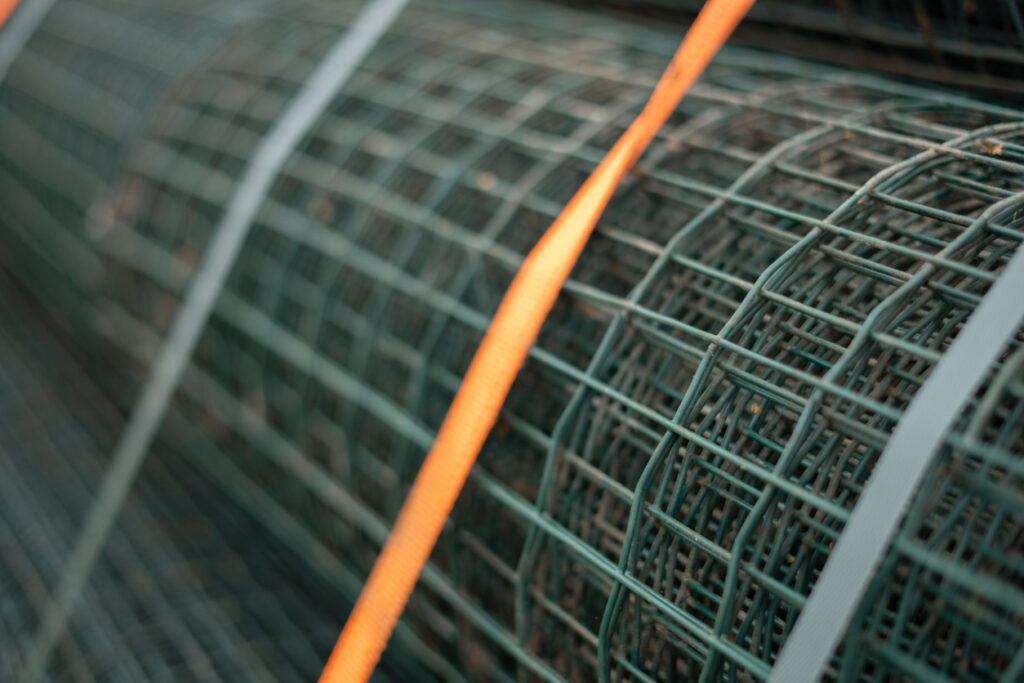
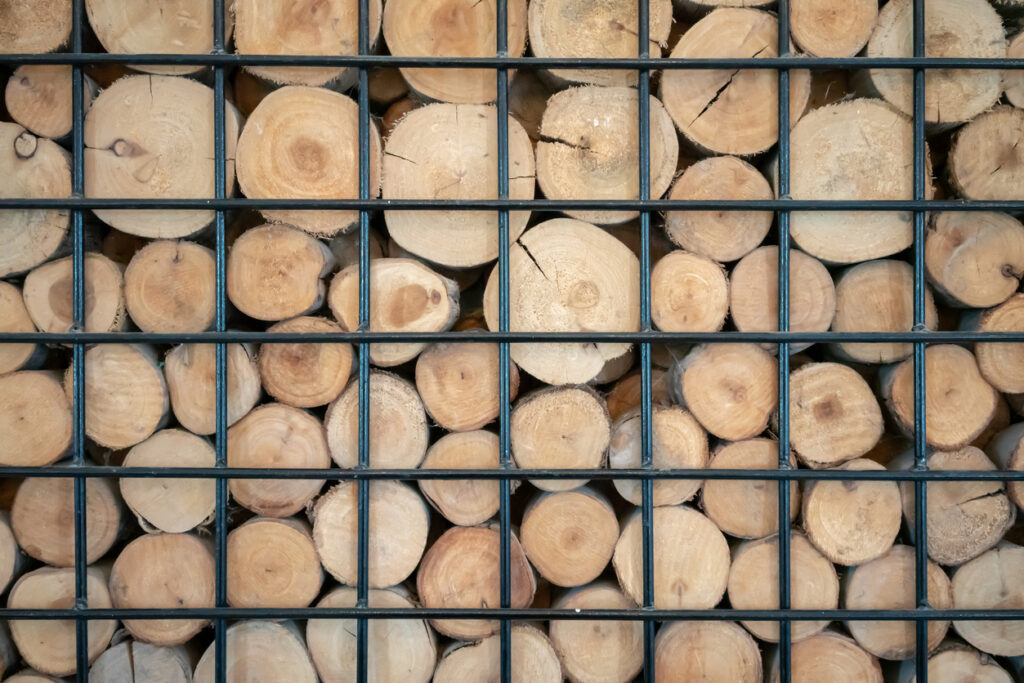
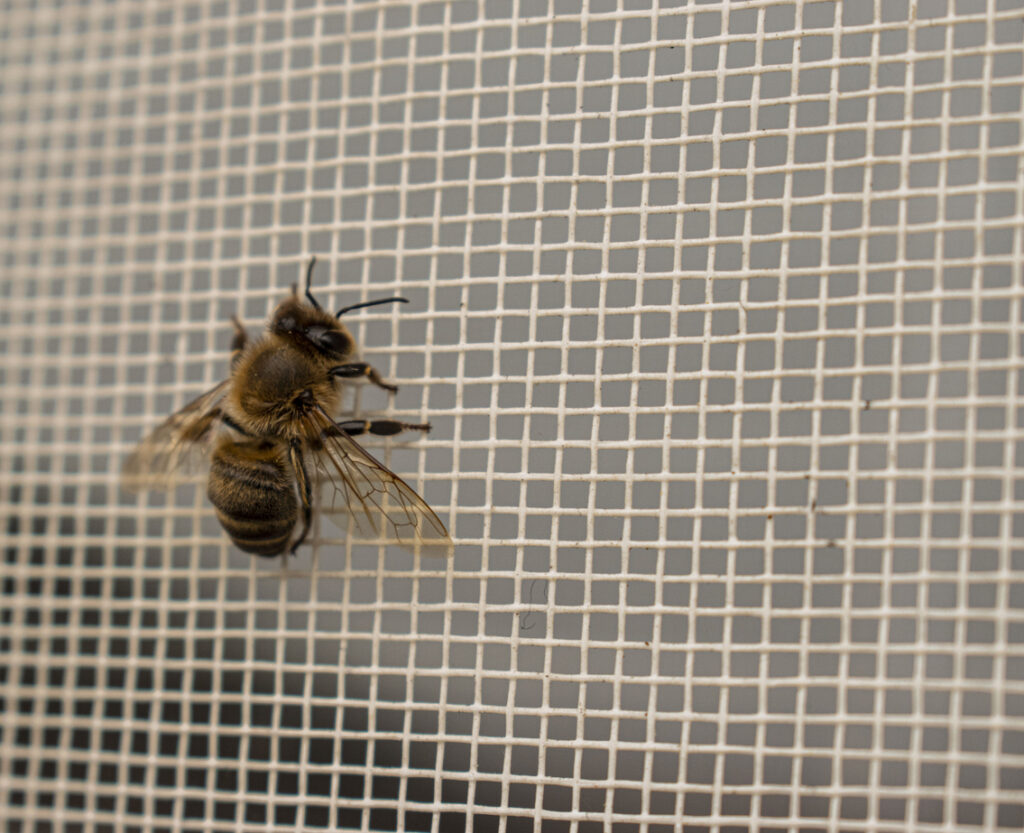

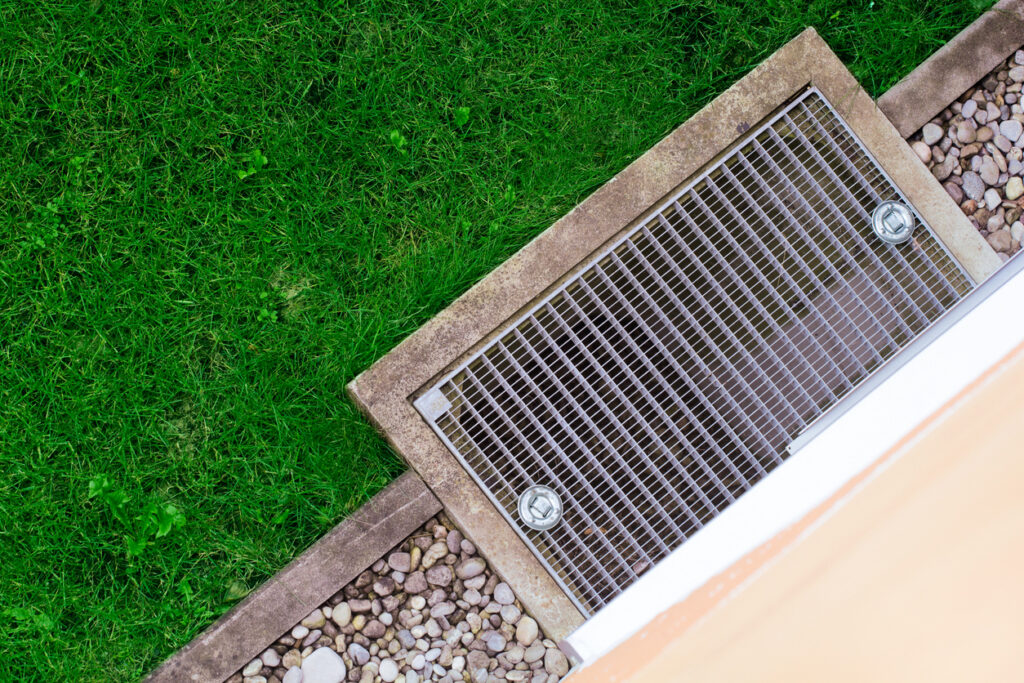
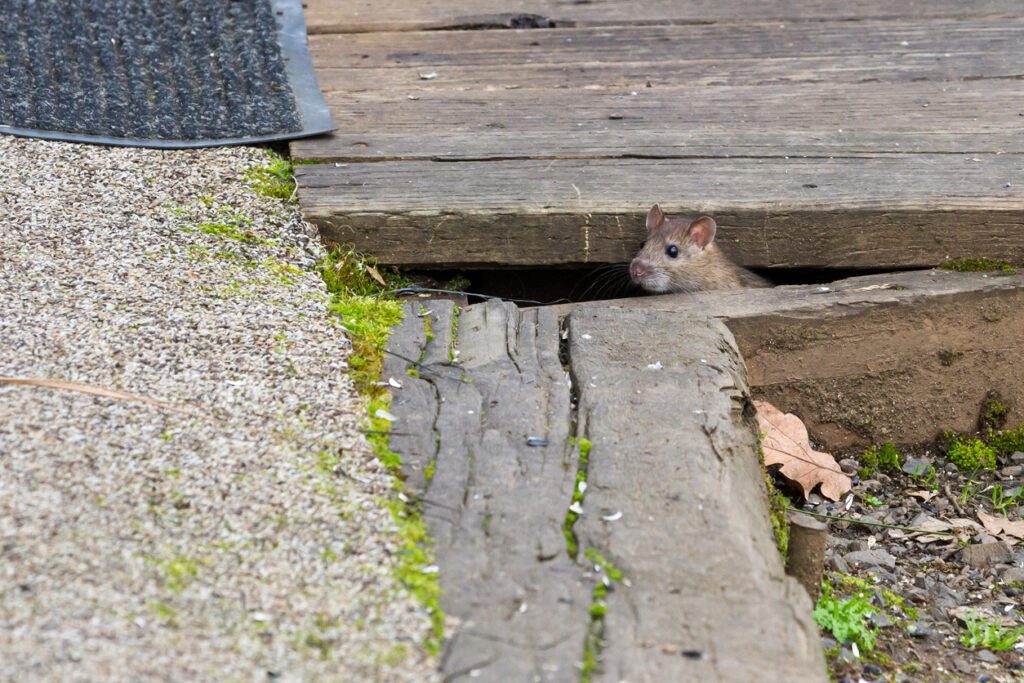
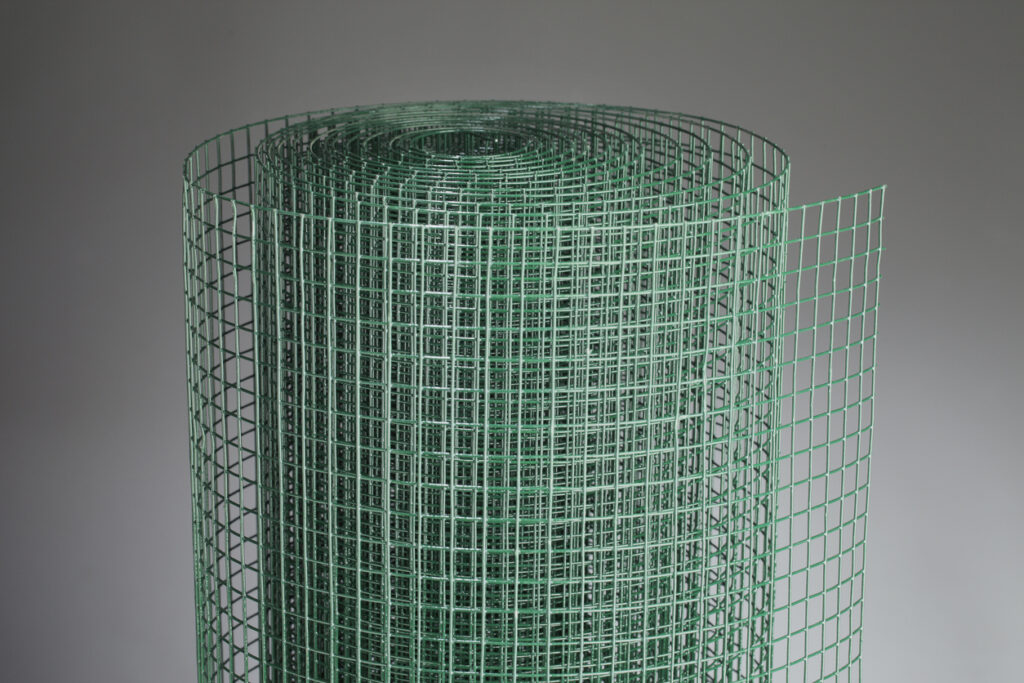
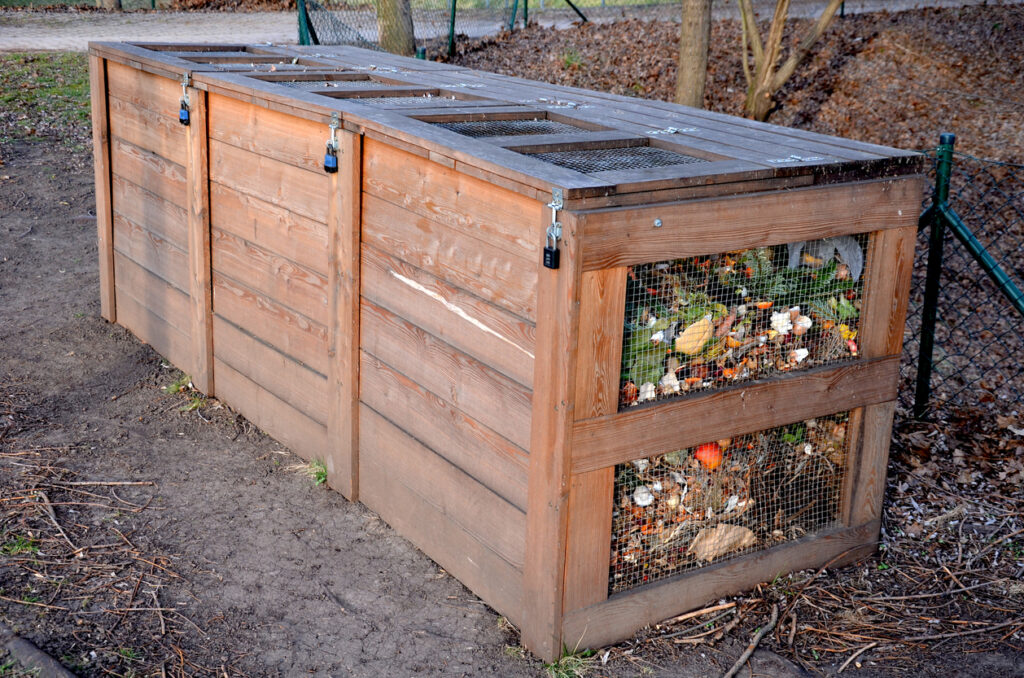

The largest range of wire mesh, chicken wire, wire fencing, woven wire mesh and perforated metal products in Europe, delivered direct from our Warrington warehouse.




Website by: Beech Web Services | Terms and Conditions | Cookie Policy | Privacy Policy | Website Terms and Conditions